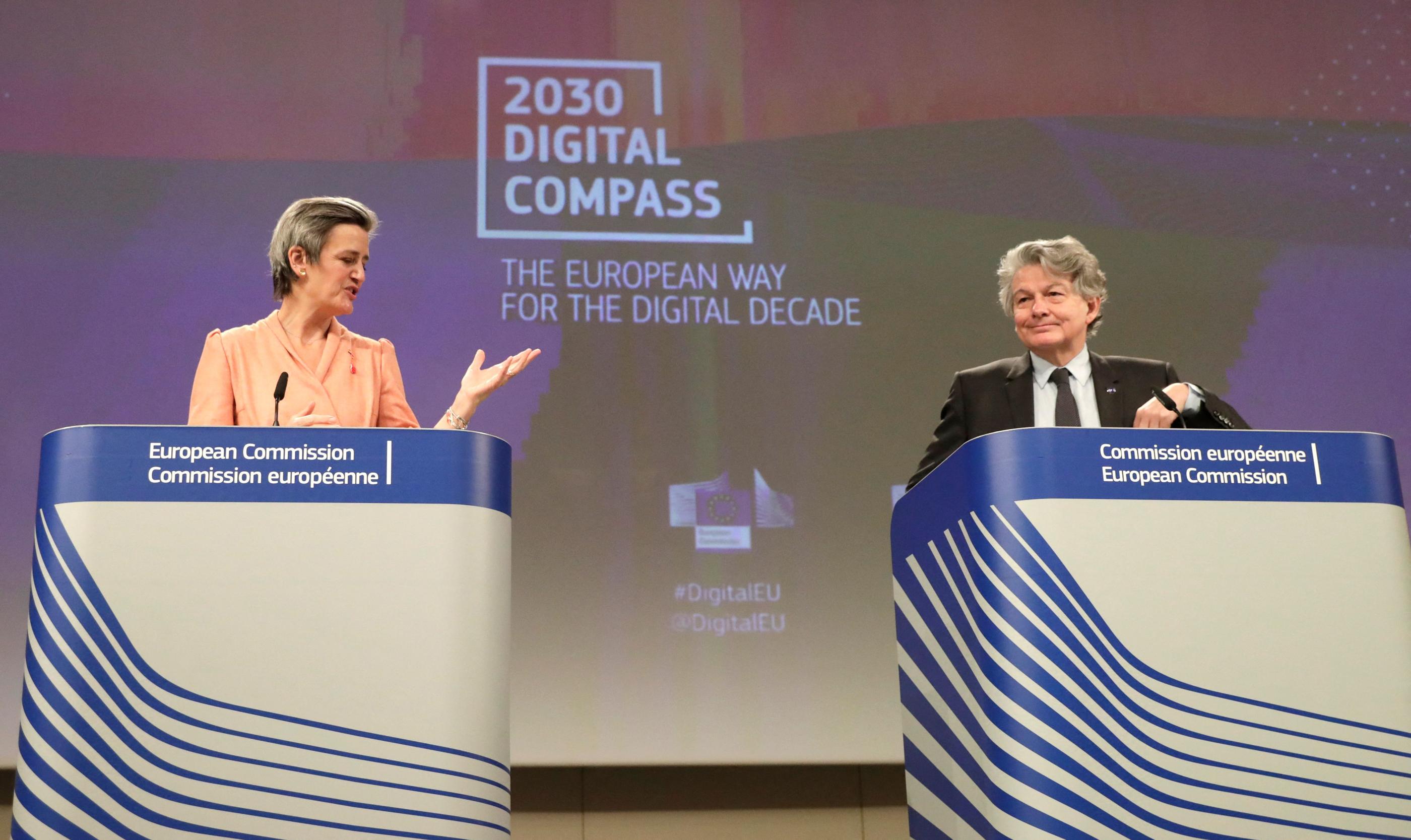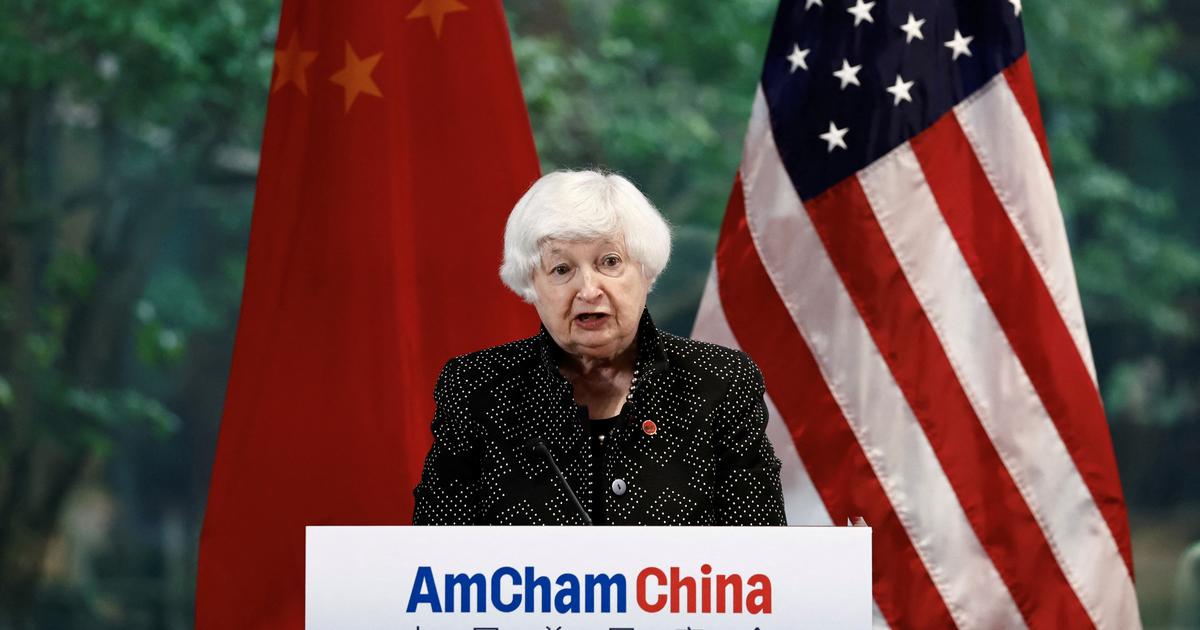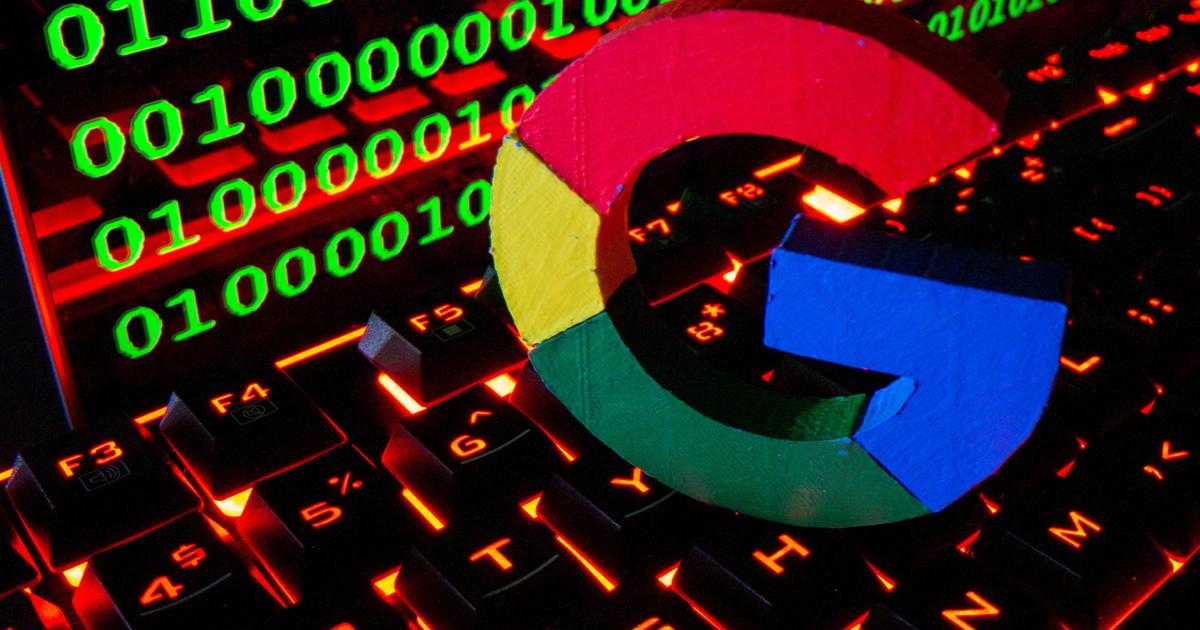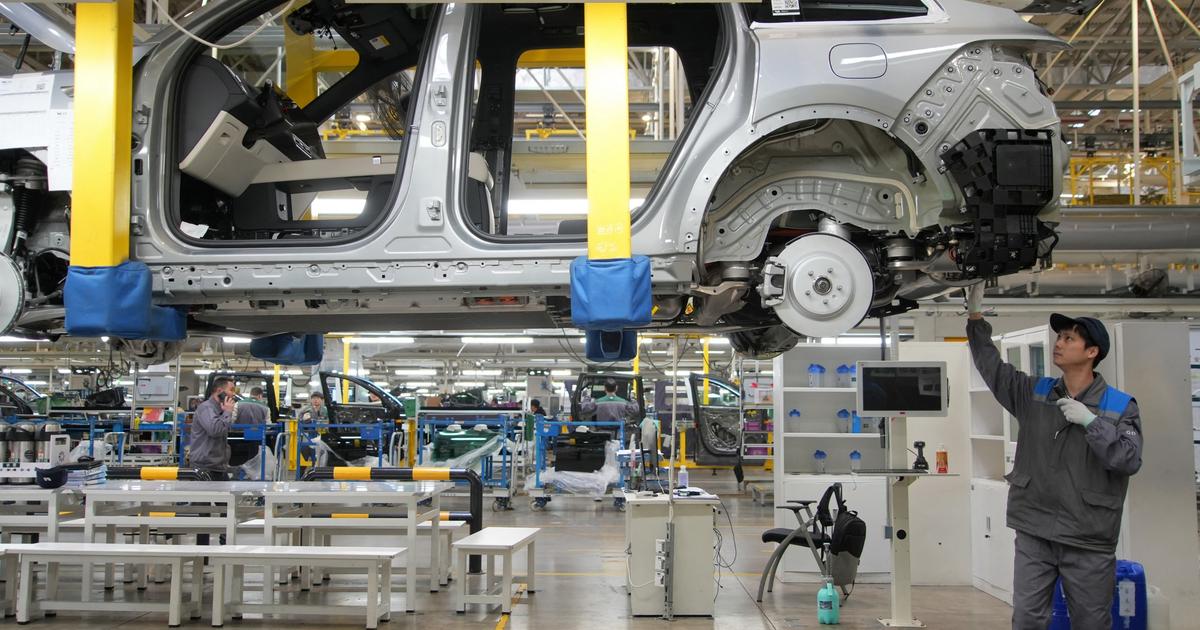Europe has no intention of letting itself be overtaken, neither by the United States nor by China.
The European Union published a roadmap on Tuesday aimed at strengthening the power of member countries in the digital world.
It aims, in addition to doubling its share of semiconductor production (to reach 20% of world production), the creation of a first quantum computer by 2025, to be "at the forefront of quantum capabilities" in 2030. What reaffirm the place of the EU in this race, in which a large part of the developed countries are launched.
The quantum computer is by no means a classic computer and there is little chance that one will have one at home: the quantum computer allows calculations to be carried out in a reduced time.
When a computer today is based on a binary language (with 1s and 0s, which are called bits), the quantum computer is designed with bits superimposed on each other (we speak of quantum bits, qubits).
Concretely, when a computer does a calculation, instead of doing each operation one by one, the quantum computer can do a lot of calculations at the same time.
The stakes around the quantum computer are important and that is why all the world powers have embarked on this race.
Its speed of calculation could be useful for artificial intelligence, for management and research on financial markets, for more reliable weather forecasts with more data taken into account, or for super-fast research in a database. millions or even billions of data.
The European Union has invested 1 billion euros
In its roadmap, presented on Tuesday, the European Union does not say anything else: "The quantum revolution of the next decade will change the situation in the emergence and use of digital technologies", writes the institution.
And to detail some possible uses (among those that can be identified today): conducting virtual drug trials, increasing the security of communications (with more sophisticated encryption), facilitating the monitoring of natural phenomena or even helping to logistical problem solving.
The idea is not new in the European Union.
In November 2018, the European Commission voted for a € 1 billion investment plan to support research on quantum science and the design of a quantum computer.
But all major countries - Bloomberg reported in early March that Israel had invested $ 60 million to build a quantum computer
- are also in the race, largely ahead of China and the United States, with effective digital giants.
In October 2019, Google announced that it had achieved “quantum supremacy”.
Like telecommunications, the idea of this race for each state is to be independent without being late.
Quantum computers already exist today, but they don't have enough qubits to be efficient and don't always have a very stable design.
Everyone then looks for the best ways to increase their number and therefore their capacities, all the researchers not yet agreeing on how to design the quantum processor and the method to be used to isolate and use atoms, photons and molecules, essential to quantum.
"No consensus nor any robust argument exists today on the most suitable solution for producing a quantum computer comprising more than ten qubits", recalls on its site the Commissariat for Atomic Energy and Alternative Energies.
What to give the European Union a chance?








/cloudfront-eu-central-1.images.arcpublishing.com/prisa/U3X6MPFIZWZCTAQW3YGIB3K3JE.jpg)
